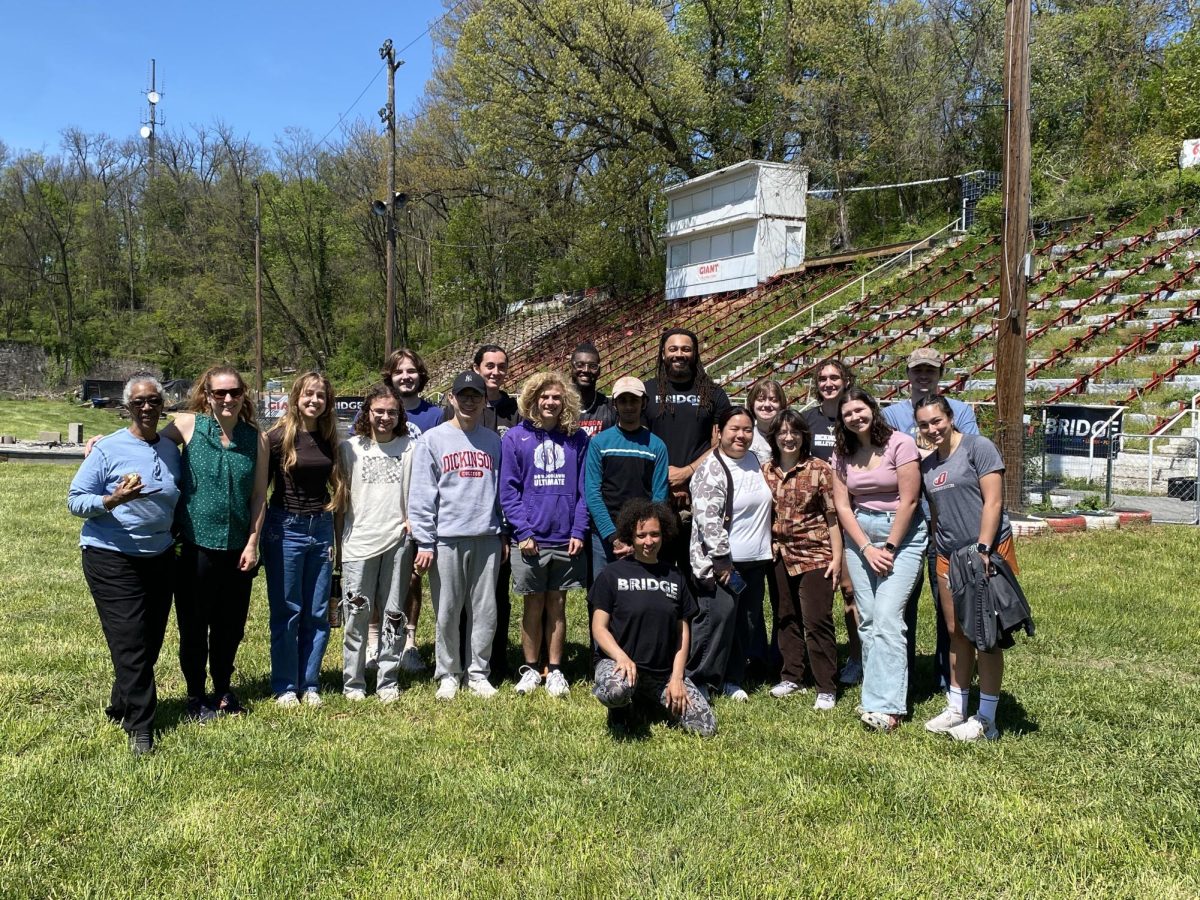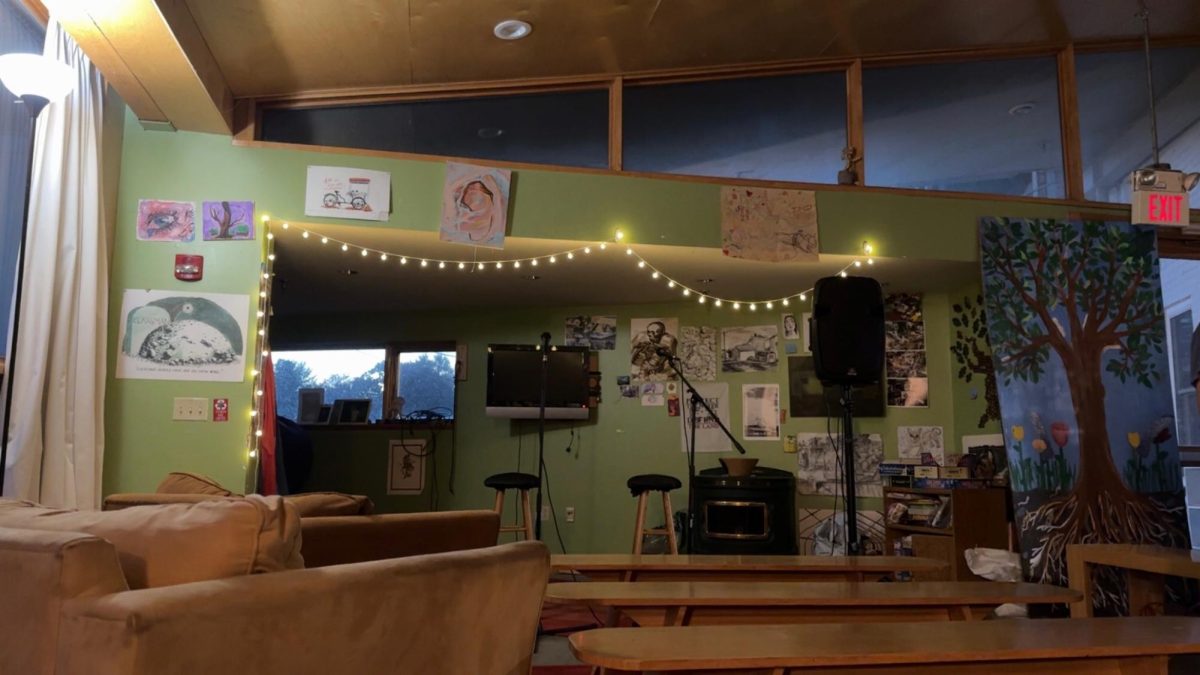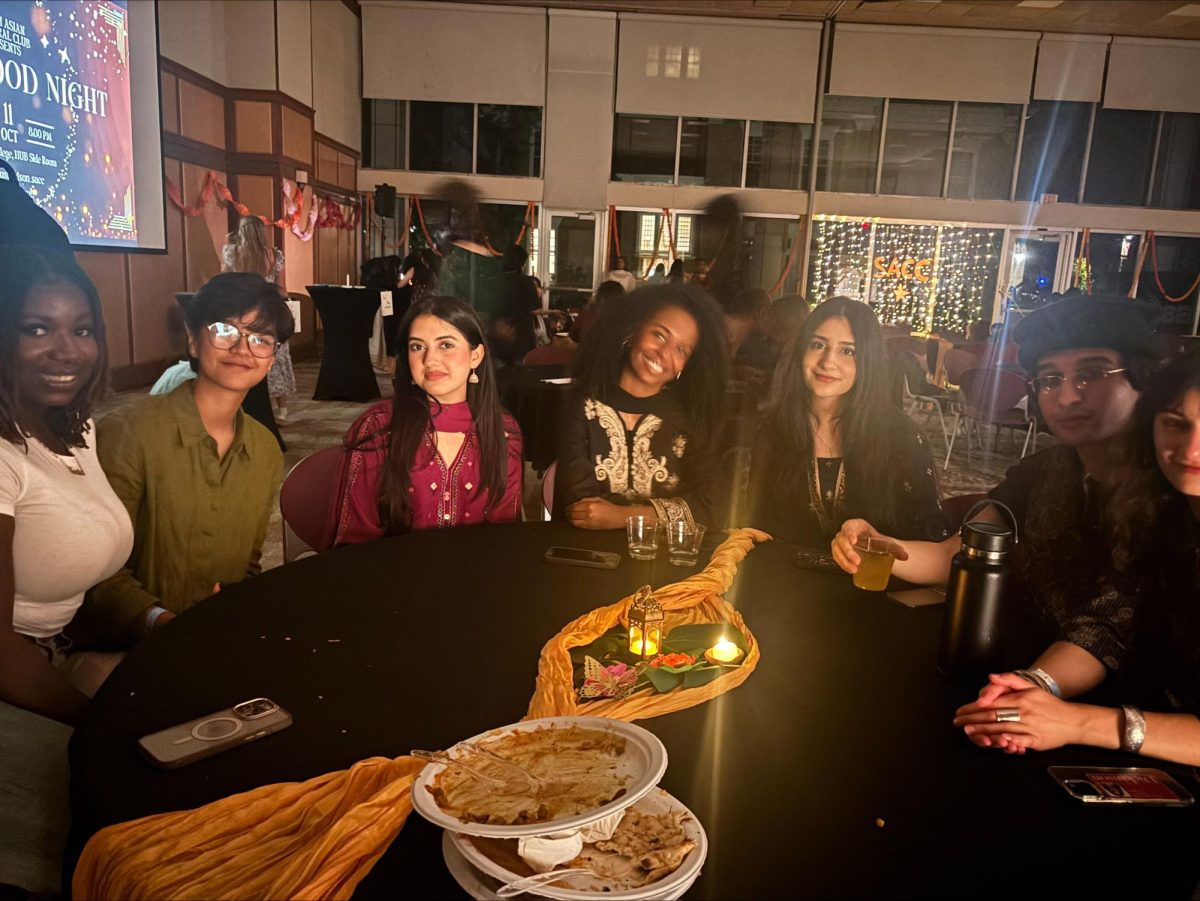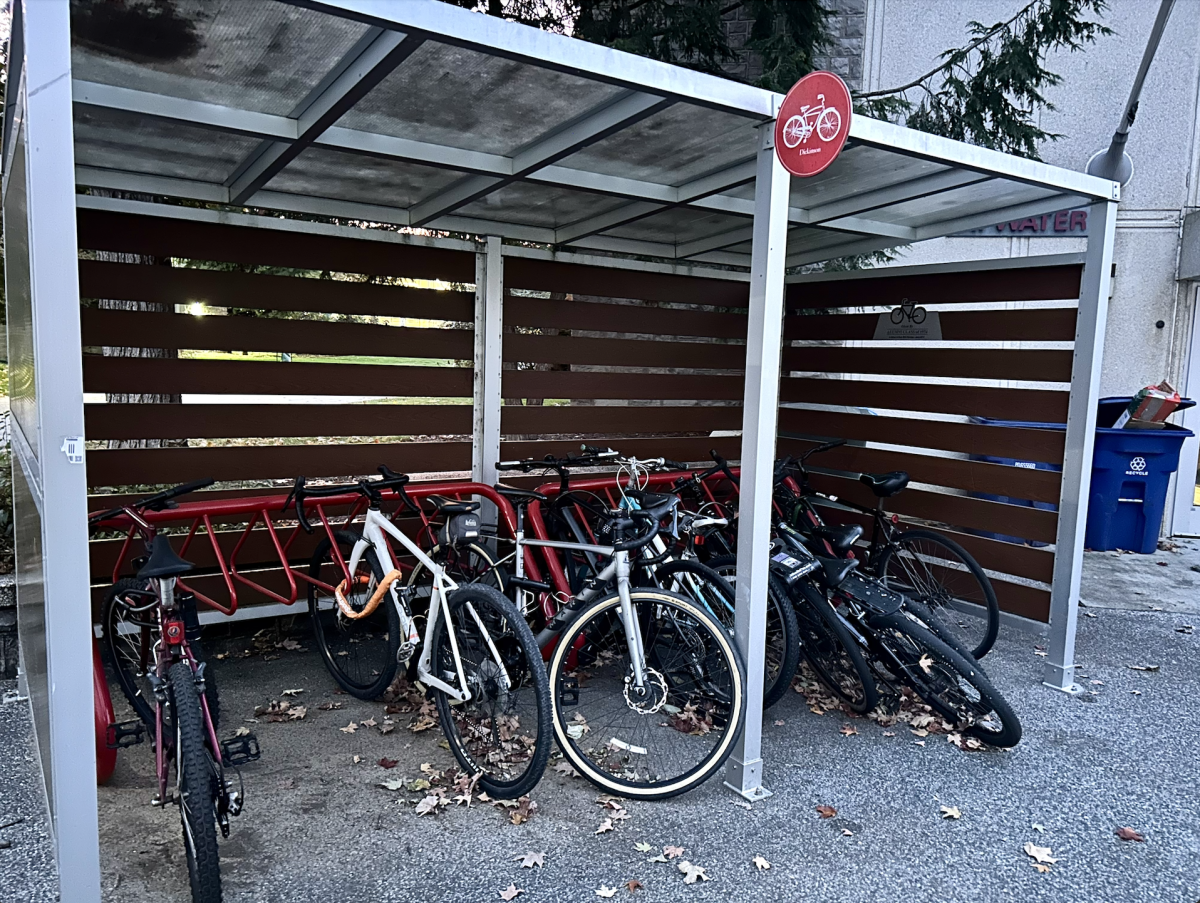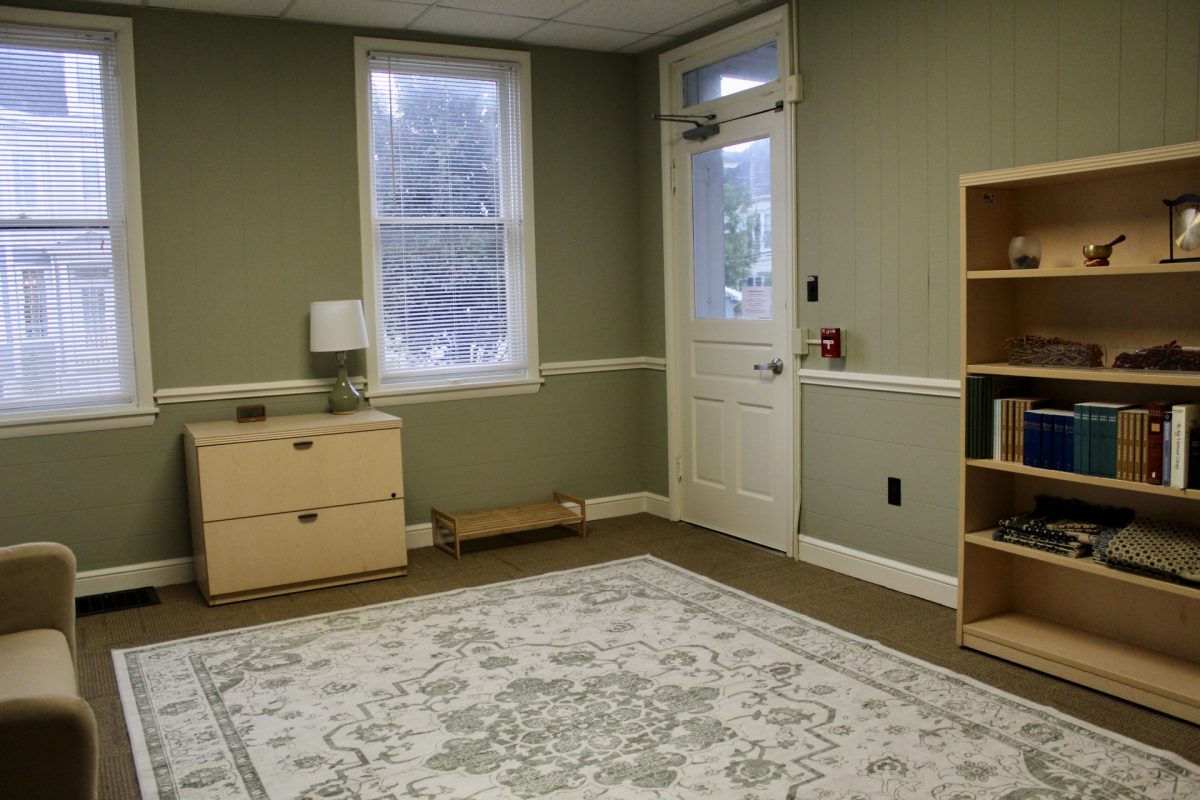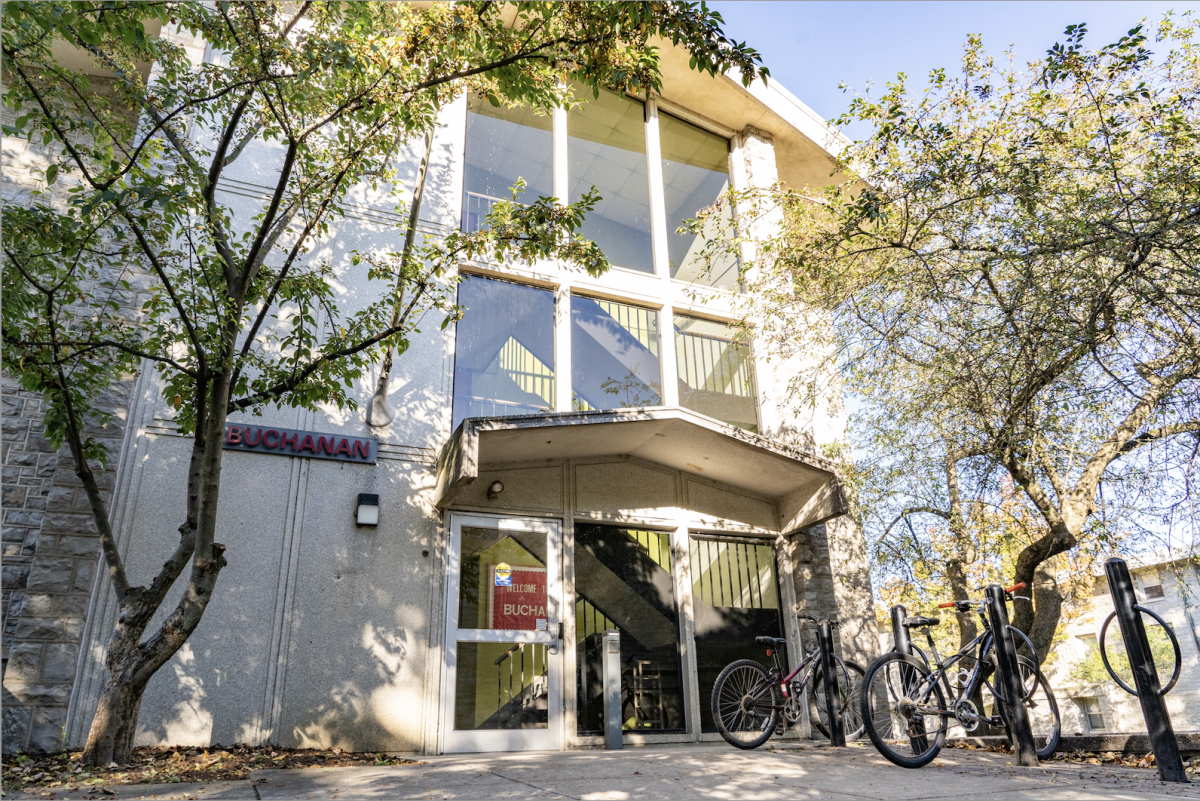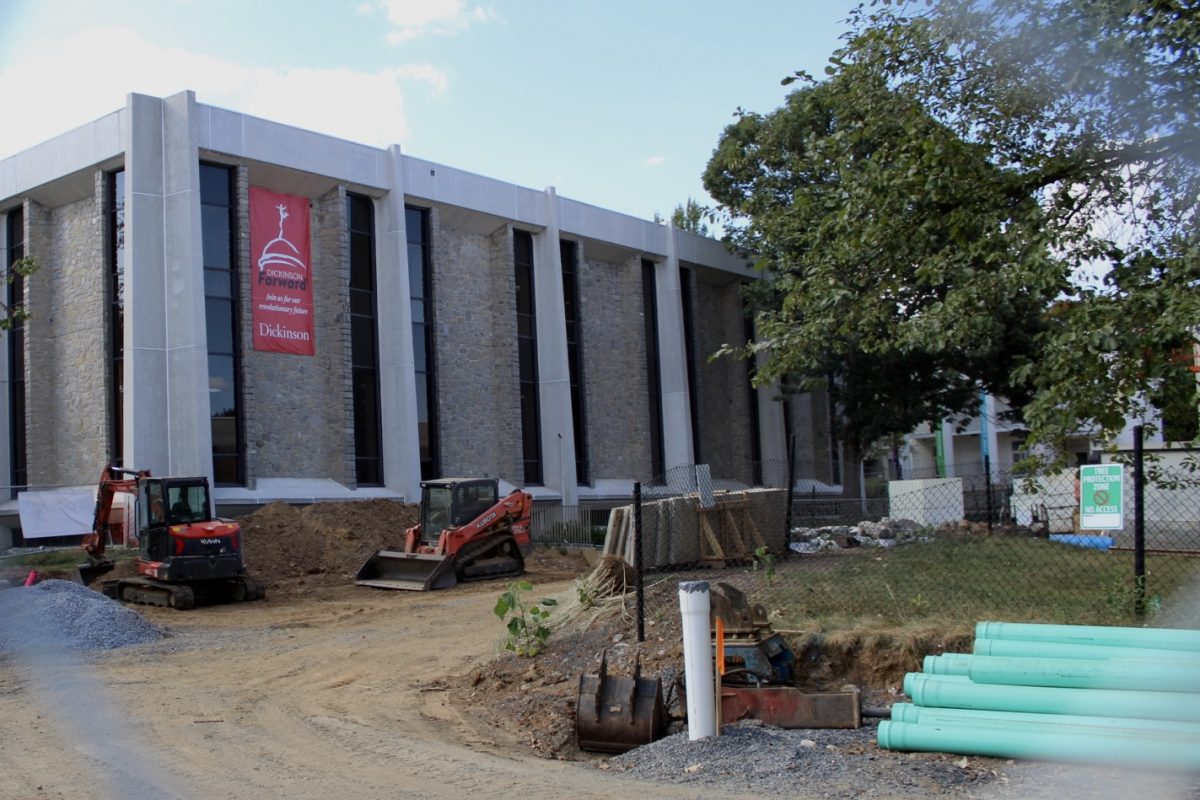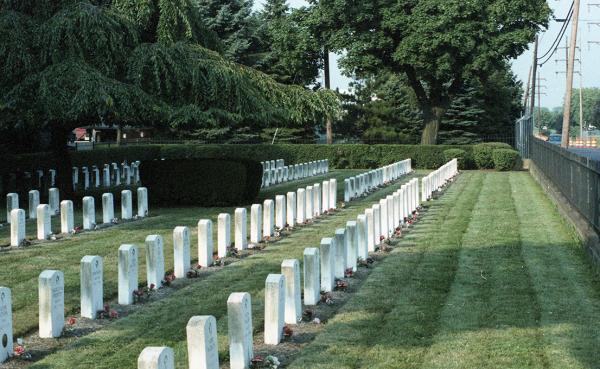Imagine this: You have just come home from work (walked up the stairs from the offices downstairs) and are ready to make some dinner. You want to make a fresh salad, so you decide to head outside to the hydroponic and aeroponic set up to grab some fresh lettuce, carrots, cucumber and herbs. This is not just a hopeful story; this is becoming a reality.
Just across the Susquehanna River, lies The Bridge, an upcoming ecovillage with plans to turn into a fully self-sustaining community. The Bridge was founded by Garry Gilliam, a former NFL player and Harrisburg local, DeZwaan Dubois and Rob DeJarnette. Gilliam wanted to create opportunities in a space where there were not any, particularly for kids that had a similar background to him. He attended Milton Hershey School and later went to Penn State where he triple majored in Business Development, Advertising and Psychology. His goal for the ecovillage is to create a place that has everything one needs to live a healthy and sustainable life.
The Bridge occupies an old high school that sat abandoned for eight years. They first acquired the building in 2019 and their goal is to provide housing by 2027. They plan to have two towers, one for seniors and the other for veterans, as well as low-income accessible housing. Currently, they collect all the water they need from a rooftop collection system, and they plan to continue a similar setup. In terms of energy, they will have to start out on the main grid and then later move to solar energy.
The main concept of The Bridge revolves around the idea of community. Gilliam eventually wants to have anything someone might need to be in the community and accessible to everyone.
There are five branches to this community: work, eat, live, learn and play. The work branch will be made up of innovation offices, a space for collaboration and creation of new business ideas and startups. The eat branch is the community garden that will provide the much-needed nutrients humans need to live healthily. The live branch will include the different types of housing, a daycare, a grocery store, laundry mat and eventually a birthing center. It will be market rate housing where the city pays most of the fees. The learn branch will afford young adults opportunities for apprenticeships: alternatives to going to a four-year college. They will learn the skills they need to be successful in a trade or business they are interested in. Lastly, the play branch will be comprised of an entertainment part of the community; a movie theater, arcade and virtual reality spaces.
Jeniffer Nunez-Zayas, Director of Community Engagement, says that the Bridge “affords opportunities for those who otherwise wouldn’t have them.” She has worked for Gilliam since 2020 and known him since they were children.
Gilliam does not want to stop here, with another village starting up in Pittsburgh. Multipurpose housing is also starting to pop up across the country, The Bridge being a leading innovation for these other housing projects. Local solutions are key, and the public is slowly starting to follow suit.
The Bridge is a work in progress, so volunteers are direly needed. Every Sunday, people of all ages can go to The Bridge to help with any projects. They also need counselors for their summer camp. Gilliam describes this camp as the “summer of opportunity.”
Any type of help is appreciated. If you are interested in learning more about how to volunteer at the Bridge, email Heather Bedi, Associate Professor of Environmental Studies, at [email protected].



